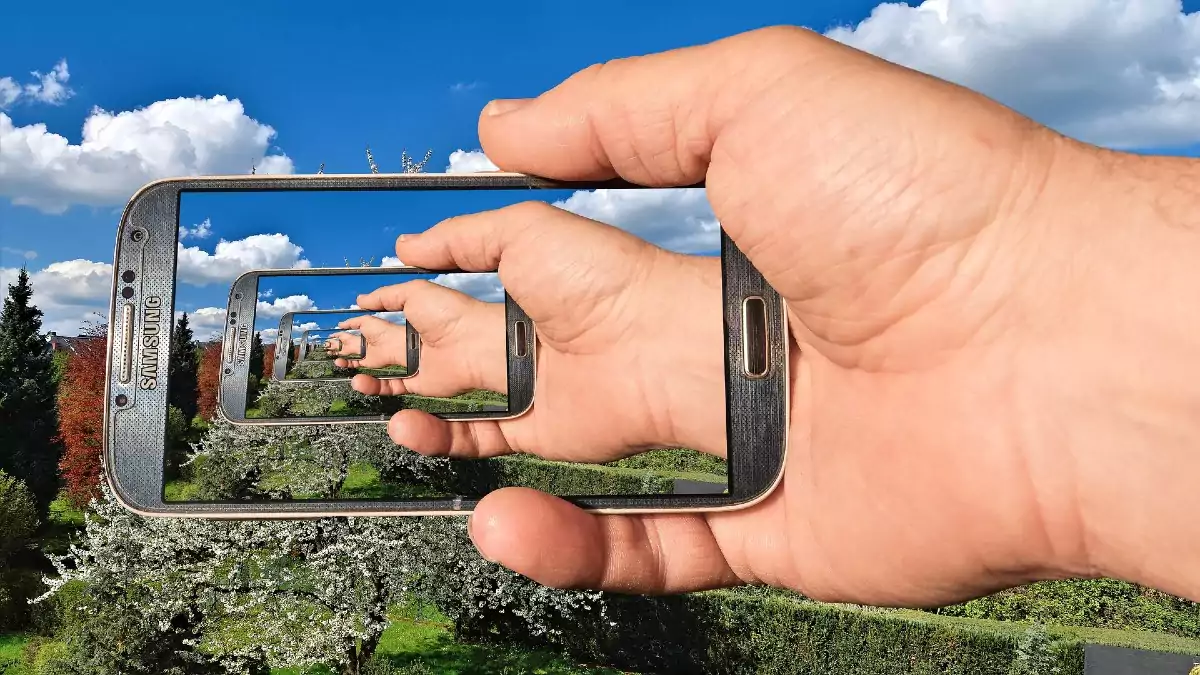mce Systems has unveiled its cosmetic assessment technology for smartphones, which enables users to objectively self-grade their device’s value for trade-ins. The feature is now available to Vodafone UK customers through a white label app created by mce, and will be available globally at a later time.
mce’s self-grading technology, uniquely capable of accurately assessing a device’s screen condition, harnesses cutting-edge neural network and computer vision-based algorithms to objectively determine the cosmetic condition of a mobile-device.
To maintain objectivity in the self-assessment process, the underlying neural network was trained using deep learning with thousands of real customer devices across mce’s customer and partner network.
With only the device’s camera and a mirror, users receive an AI-based assessment that is over 99-percent accurate to determine the real value of their device. The self-grading process for the customer is as follows:
1. Device verification: Verify the device’s authenticity via an authentication code and International Mobile Equipment Identity (IMEI) number to ensure the user’s device is not blacklisted.
2. Gamified pixel tests: Select the marked spots on the screen to provide an objective assessment of how many of the device’s pixels are dead, and to determine screen reaction time to the user’s touch.
3. Screen cosmetic grading: Using a mirror, open the device’s screen-side camera and place it before the mirror to show the entire screen. The technology captures the screen and identifies its perimeter, while blanking the screen’s content to protect user privacy.
“The solution is built with a light IT footprint to simplify deployment across any operator’s customer lifecycle and reverse processing partner eco-system,” Liran Weiss, COO and cofounder at mce Systems, said.
“mce’s core markets are in the UK and North America. We are currently in discussion with customers and other major international providers on implementation of this competence.”
Importantly, when checking the screen quality, the technology captures the screen and identifies its perimeter while blanking its content to protect user privacy. The app even reminds users to switch off features that might compromise their security – and that of the eventual buyer – such as finding the phone using Android and iOS tracking features.
Each year mobile device manufacturers design new devices, drawing the attention of consumers around the world. Through their mobile operators, smartphone users often trade in their old devices at the operator’s retail locations and receive an upgraded device and a new plan.
With mce’s new system, users won’t have to go to a brick-and-mortar store to get a valuation, which many welcome, given the current global pandemic. Customers can assess their devices remotely, without the need to visit a mobile operator’s outlet.
In addition to smartphones, mce extends the technology to other devices, such as tablets and laptops.
“The modern mobile user expects access to service instantaneously, convenience across all customer service channels and touch-points, and a consistent customer experience, which our solution offers,” says CTO Almog Ben Harosh, CTO of mce Systems.
“Today’s trade-in market lacks a standardized system of assessing device value, but with mce, the process and market becomes a lot more streamlined for both the customer and the mobile operator.”



